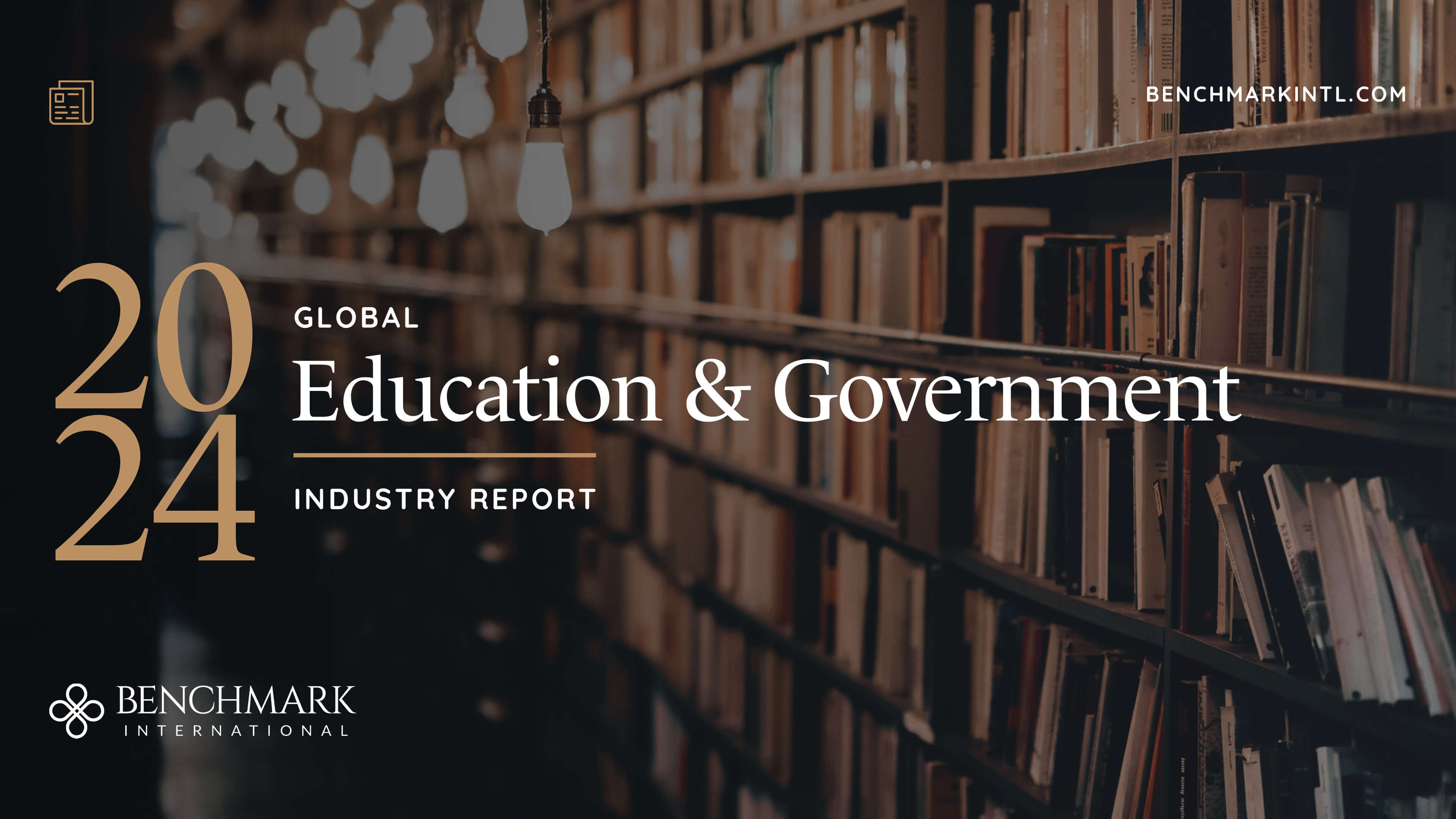
WHAT IS SECTION 1202?
In the United States, Section 1202 is known as the Small Business Stock Gains Exclusion. It is a section of the IRS code that allows capital gains from Qualified Small Business (QSB) stock to be exempt from federal taxes when selling. But not all small business stocks qualify:
- The exclusion only applies to QSB stock that was acquired after September 27, 2010, that is held for more than five years, and is limited to the greater of $10 million, or 10 times the adjusted basis.
- It must be original issue stock in a domestic C corporation issued after August 10, 1993, meet active business requirements, or pass an asset test under which aggregate assets do not exceed $50 million immediately after the stock is issued.
- The exclusion is ineligible if the C corporation participates in certain redemption transactions at the time the stock is issued.
- Some shareholder requirements must also be met: they must be qualified shareholders, acquire the QSB stock at its original issuance, and meet a five-year holding period requirement.
- If an S corporation converts to a C corporation, it is not eligible for the exclusion because the QSB stock must be C corporation stock at the time of original issuance.
- If an S corporation transfers its assets to a newly formed corporation, Section 1202 may be applied to the newly issued stock.
- Converting a partnership into a C corporation under which the converted partnership interests are treated as acquisitions can qualify for the 1202 exclusion.
The 1202 code was designed to serve as a rewarding incentive for non-corporate taxpayers to invest in small businesses. The amount of gain excluded is limited to an upper limit of $10 million, or 10 times the adjusted basis of the stock. It can offer significant savings and makes QSBs an attractive structure for business owners who plan to eventually sell.
THE PROPOSED REDUCTION IN PERCENTAGE GAIN EXCLUSION
In September of 2021, the U.S. House Ways and Means Committee issued draft legislation proposing to amend Section 1202 to remove the 75% and 100% gain exclusions for those whose adjusted gross income (AGI) is $400,000 or more, or for that which is a trust or estate. Stockholders would still qualify for the 50% gain exclusion that applies to QSBs issued before February 18, 2009. Section 1202 was originally introduced as a way to encourage investment in start-up companies. The new legislation is designed to “mitigate wealth inequality” by adding a surtax on the highest-income taxpayers. As it is currently written, the proposed legislation would be effective for sales and exchanges of QSBs happening on or after September 13, 2021.
HOW THIS CHANGE STACKS UP
Under the current Section 1202 code:
- A stockholder with a $10 million gain from selling QSB stock can claim $2,380,000 in federal income tax savings after claiming the $10 million gain exclusion.
- This is based on the 20% capital gains rate, plus the 3.8% investment income tax, a 0% tax rate, no investment income tax, and no alternative minimum tax.
Under the proposed amended Section 1202:
- The same stockholder claiming the 50% gain exclusion would be entitled to $1,590,000 of federal income tax savings.
- This is predicated on the 25% capital gains rate, plus the 3.8% investment income tax, the additional 3% tax on income over $5 million, and a 15.9% blended tax rate.
- So, for a stockholder with $10 million of QSB stock gain and who claims the 50% gain exclusion, there is an approximate $790,000 decrease in federal income tax savings.
The draft legislation includes other tax increases that could impact any potential gains from the sale of QSB stock. It would raise the highest long-term capital gains rate from 20% to 25% for gains recognized on or after September 13, 2021. Any capital gains recognized on or before September 13, 2021, or under a written binding contract in effect on or before September 13, 2021, is subject to the 20% tax rate.
The legislation also introduces a new high-income surcharge provision. It would place a 3% tax on modified AGI over $5 million (or over $2.5 million in the case of a married individual filing separately), and over $100,000 in the case of a trust or estate.
While the legislation has not yet been approved, business owners should weigh its impacts when considering investing in QSB stock, and be mindful when amending any contracts entered into before the retroactive dates under the provisions. Benchmark International is not a tax authority, and it is recommended that you speak with a qualified tax professional regarding how this legislation may impact you as a business owner.
Americas: Sam Smoot at +1 (813) 898 2350 / Smoot@BenchmarkIntl.com
Europe: Michael Lawrie at +44 (0) 161 359 4400 / Enquiries@BenchmarkIntl.com
Africa: Anthony McCardle at +27 21 300 2055 / McCardle@BenchmarkIntl.com
ABOUT BENCHMARK INTERNATIONAL
Benchmark International’s global offices provide business owners in the middle market and lower middle market with creative, value-maximizing solutions for growing and exiting their businesses. To date, Benchmark International has handled engagements in excess of $7B across various industries worldwide. With decades of global M&A experience, Benchmark International’s deal teams, working from 14 offices across the world, have assisted hundreds of owners with achieving their personal objectives and ensuring the continued growth of their businesses.
Website: http://www.benchmarkintl.com
Blog: http://blog.benchmarkcorporate.com

 Benchmark International
Benchmark International  Benchmark International
Benchmark International 





